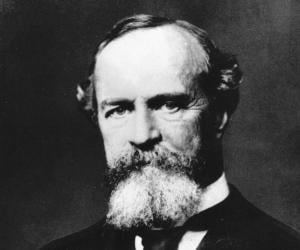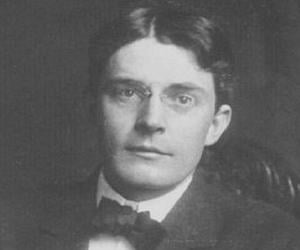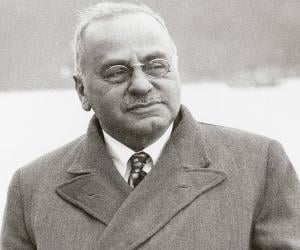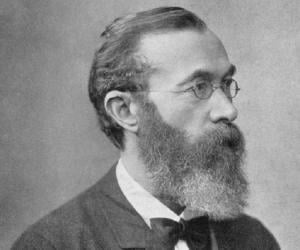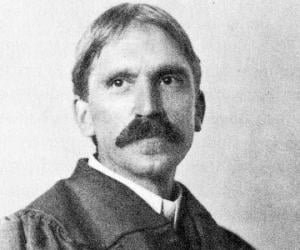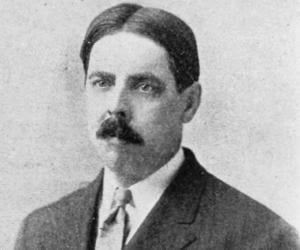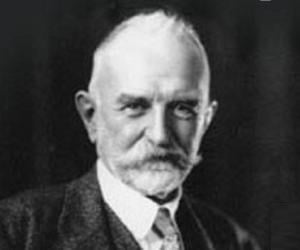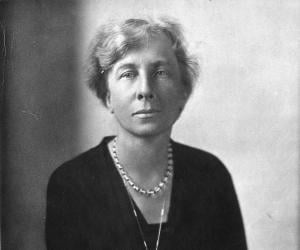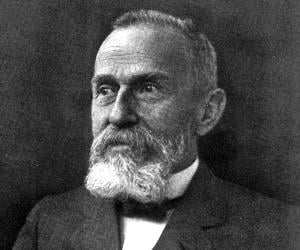William James was an American psychologist and philosopher. Widely regarded as the father of American psychology and one of the most influential American philosophers, James was the first educator in the United States to offer a course in psychology. He is also credited with co-founding a psychological school of thought called functional psychology and establishing a philosophical school called pragmatism.
John B. Watson was the first to introduce the theory of behaviorism to psychology. He believed human behavior, like animal behavior, should be studied under objective and experimental conditions. One of his experiments included conditioning the fear of white rats into an 11-year-old boy he named Little Albert.
Alfred Adler was an Austrian psychotherapist and medical doctor. He is credited with founding the school of individual psychology. He was also one of the founders of the psychoanalytic movement along with Sigmund Freud and Freud's colleagues. In 2002, a survey conducted by Review of General Psychology named Adler among the 20th century's most eminent psychologists.
Wilhelm Wundt was a German physiologist, professor, and philosopher. He is often counted among the founders of modern psychology and is widely considered the father of experimental psychology. He is also credited with founding the first laboratory for psychological research, which he founded at the University of Leipzig in 1879.
A staunch advocate of progressive education and liberalism, the American philosopher and psychologist was the founder of the University of Chicago Laboratory Schools. John Dewey’s famous writings included The Reflex Arc Concept in Psychology and Human Nature and Conduct. According to him, passion for knowledge and intellectual curiosity were central to a teacher. He called himself a democratic socialist.
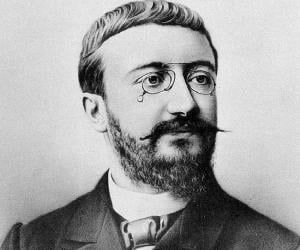
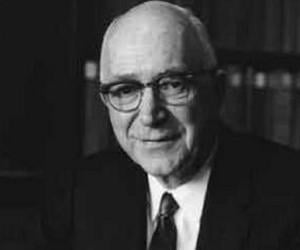
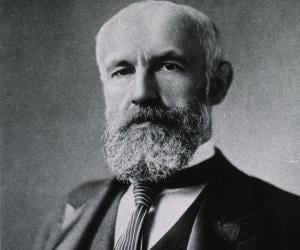
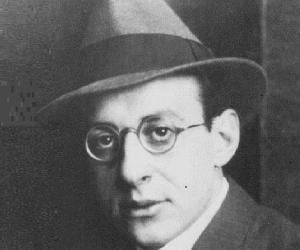
Fritz Perls initially fought in World War I, following which he treated brain injuries of soldiers. He was later drawn to Freudian psychoanalysis. During World War II, he was the psychiatrist for the South African military. His Gestalt therapy, which he co-created with his wife, Laura, redefined psychology.
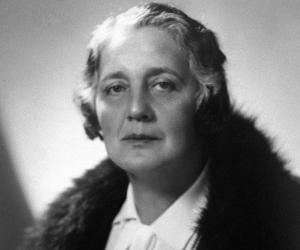
Melanie Klein was an Austrian-British author and psychoanalyst. A key figure in the development of object relations theory, she is best known for her work in child analysis. She began her studies by observing her own children’s behavior while they were growing up. As a woman in a field dominated by men, she was also a feminist icon.
American philosopher and social psychologist George Herbert Mead was one of the pioneers of pragmatism and symbolic interactionism. He taught at the University of Chicago, and his ideas later came to be known as the Chicago school of sociology. His notable lectures were published as books only after his death.
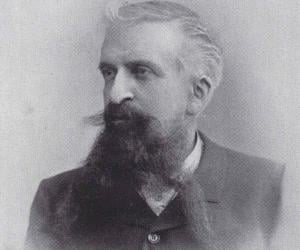
French social psychologist Gustave Le Bon is best remembered for his research on crowd psychology. In his iconic work La psychologie des foules, or The Crowd, he stated that people are driven by their emotions and not by their intellect when they act as part of a crowd.
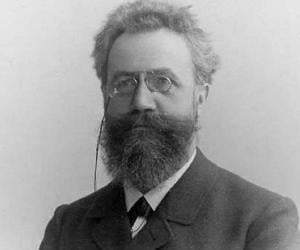
Especially remembered for his pioneering work on rote learning and memory, German psychologist Hermann Ebbinghaus became interested in the subject after reading Gustav Fechner's Elements of Psychophysics. Eventually, he developed the experimental methods for measuring memory, using 2,300 three-letter nonsense syllables that he devised. Later, he also discovered the forgetting curve and the spacing effect and described the learning curve.
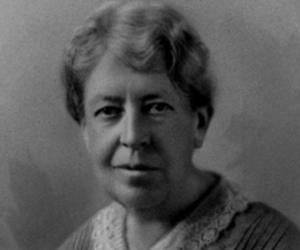
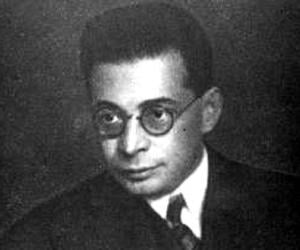
Otto Rank was an Austrian psychoanalyst and philosopher. A close colleague of Sigmund Freud, Rank was also the managing director of Freud's publishing house. Rank was a prolific writer and wrote extensively on psychoanalytic themes. He was the first person who viewed therapy as a learning and unlearning experience focusing on feelings. Psychologist Rollo May was deeply influenced by Rank.
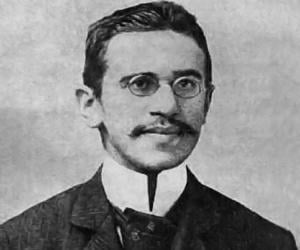
Austrian thinker Otto Weininger, whose main areas of interests included philosophy of religion, logic, gender and psychology, lived in the Austro-Hungarian Empire. His book Geschlecht und Charakter (Sex and Character), which gained popularity following his suicide by gunshot, became a sourcebook for anti-Semitic propagandists. Some of his writings were used by Nazi propaganda.
The son of a musician, Emil Kraepelin, remembered as the founder of psychiatry, was the first to differentiate between dementia praecox, now known as schizophrenia, and manic-depressive psychosis. His classification of mental illnesses influenced much of the research on the subject in the 20th century.
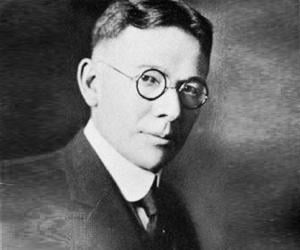
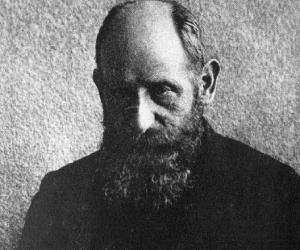
Psychoanalyst and physician Josef Breuer inspired what later came to be known as Sigmund Freud’s cathartic method to treat mental ailments. His experiments with his patient Anna O. proved the therapeutic effect of the talking cure. He had also conducted research on the respiratory cycle and discovered the Hering-Breuer reflex.
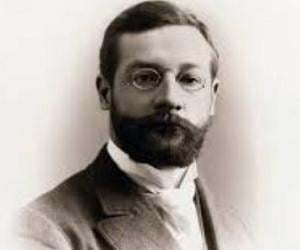
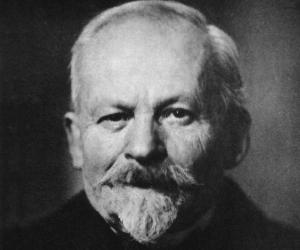
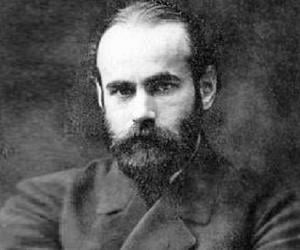
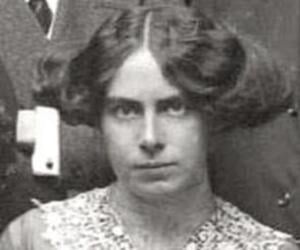
Denied formal education for being a woman, Toni Wolff later became one of psychoanalyst Carl Jung’s closest collaborators. She entered Jung’s life as a patient of depression after her father’s death. She later headed the Psychologischer Club Zürich as its president and is often described as an intellectual rival of Jung’s wife.
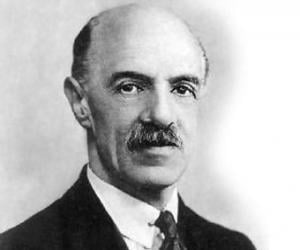
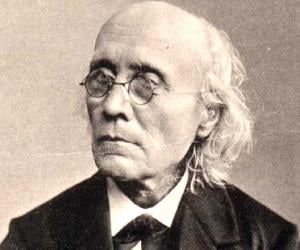
Gustav Fechner was a German physicist, philosopher, and experimental psychologist. A pioneer in the field of experimental psychology, Fechner is credited with founding psychophysics. Gustav Fechner inspired several philosophers and scientists like Jan Koenderink, David Heeger, and Farley Norman. In 1970, a crater on the Moon was named after him by the International Astronomical Union.
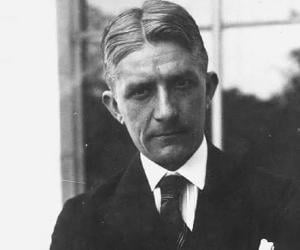
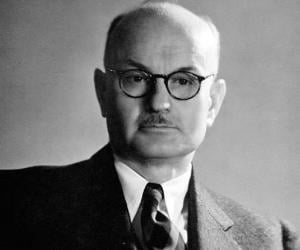
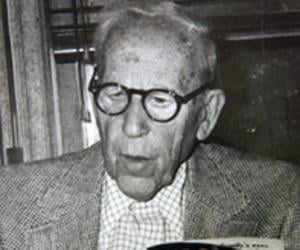
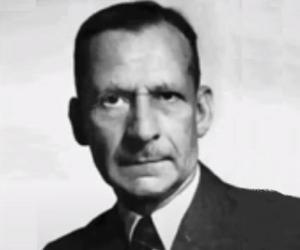
Chiefly known for his works on the diagnosis and understanding of schizophrenia, German psychiatrist Kurt Schneider published many papers on the subject, creating a list of the psychotic symptoms, today known as Schneiderian First-Rank Symptoms, to differentiate it from other forms of mental disorder. He also made significant contributions to personality disorders, coining term like endogenous depression and reactive depression.
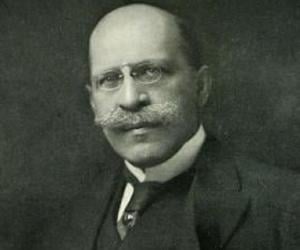
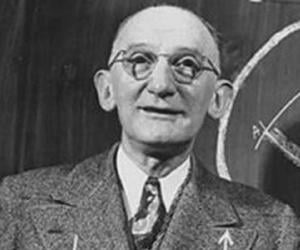
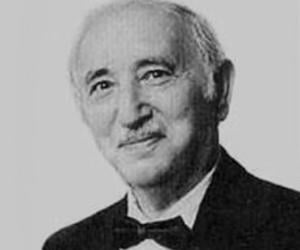
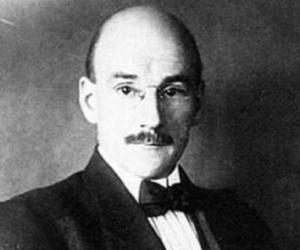
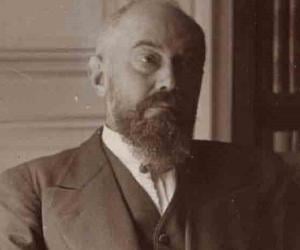
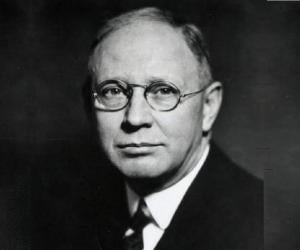
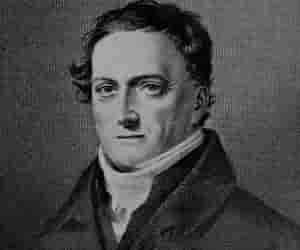
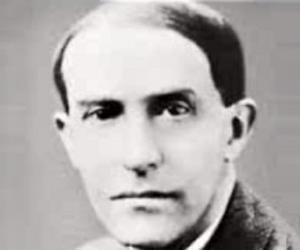
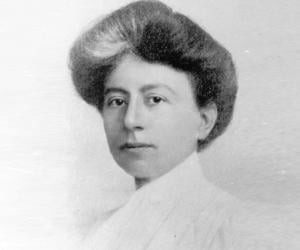
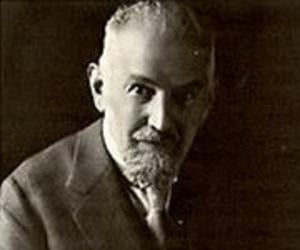
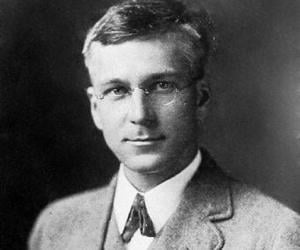

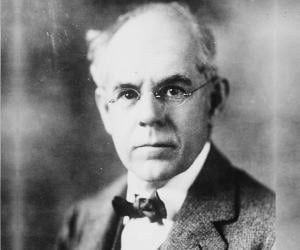
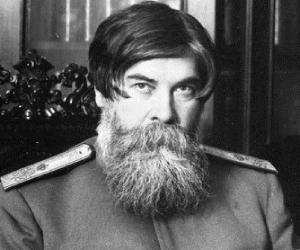
Neurologist and psychiatrist Vladimir Bekhterev is best remembered for his research on the brain and conditioned reflexes and for his pioneering research on objective psychology. He taught at institutes such as the University of Kazan and was also known for his rivalry with contemporary Ivan Pavlov.
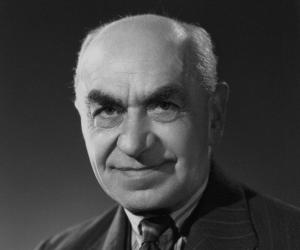
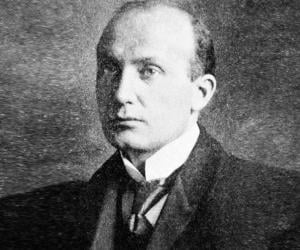
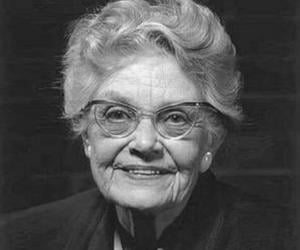
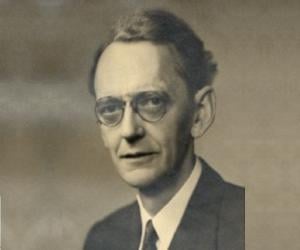
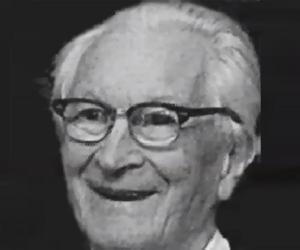
Initially aspiring to be an architect and then a lawyer, Fritz Heider gradually deviated toward psychology. The Austrian psychologist was a prominent figure of the Gestalt school. Considered one of the pioneers of interpersonal social psychology, he made significant contributions to the theories of attribution, balance, and motivation.
